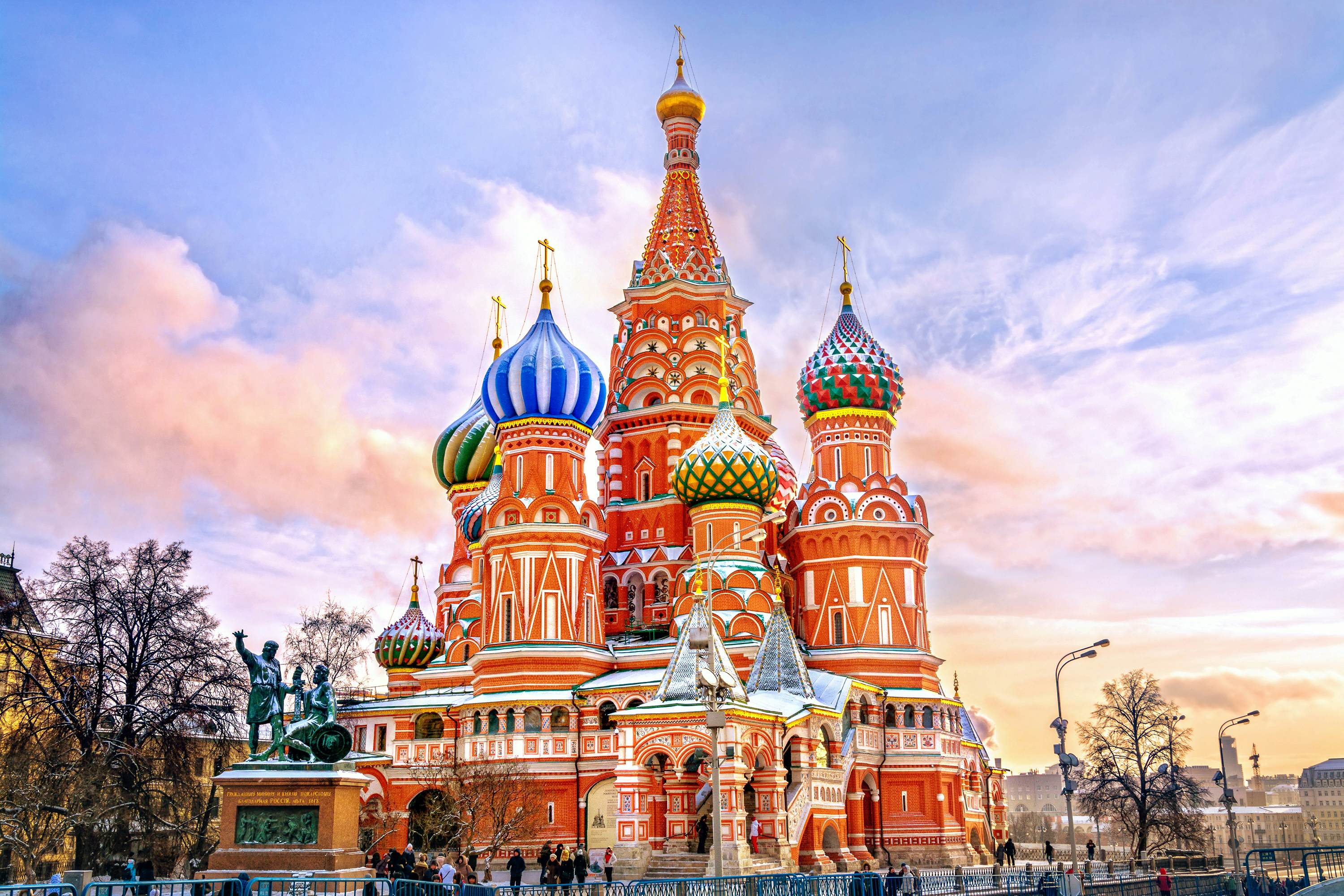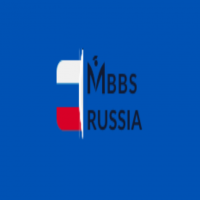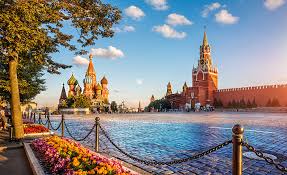The cost of pursuing an MBBS Degree in Russia

Russia has become a popular destination for international students due to its affordable medical education, high-quality universities, and rich cultural experience. Some of the key benefits include:
Affordable Tuition Fees: Compared to countries like the USA, UK, or even India, Russia offers relatively lower tuition fees while maintaining a high standard of education.
Globally Recognized Degrees: Many Russian medical universities are recognized by major medical organizations such as the World Health Organization (WHO) and National Medical Commission (NMC) in India, as well as the Medical Council of India (MCI) and the United States Medical Licensing Examination (USMLE). This allows graduates to practice in many countries around the world after qualifying for local medical exams.
No Entrance Exams: Unlike many other countries, most universities in Russia do not require entrance exams for MBBS. Students are generally admitted based on their high school marks and their ability to pass a language proficiency test if the course is offered in Russian.
English Medium Programs: Some Russian medical universities offer MBBS courses in English, making it easier for international students who do not know Russian to study.
Experienced Faculty and Modern Medical Infrastructure: Many universities are equipped with modern facilities and have experienced faculty members who are actively involved in research and development.
Top Universities for MBBS in Russia
Here’s a list of some of the top medical universities in Russia:
First Moscow State Medical University (MSMU):
Founded in 1758, MSMU is one of Russia’s oldest and most prestigious medical institutions.
It offers MBBS in English and has strong links with medical institutions across the world.
Tuition fees range from USD 6,000 to USD 8,000 annually.
Saint Petersburg State Medical University:
Located in Russia's cultural capital, this university is one of the leading institutions for medical education in the country.
Tuition fees for MBBS range from USD 4,000 to USD 7,000 per year.
It has a reputation for offering a high standard of education, and the city offers a rich historical and cultural environment.
Kazan State Medical University:
Kazan is one of the best cities for international students, and the medical university here has a great reputation for providing quality medical education.
Tuition fees are generally in the range of USD 4,500 to USD 6,000 per year.
Kazan is a large city with a growing population of students from abroad, making it a vibrant place to live.
Novosibirsk State Medical University:
Novosibirsk is located in Siberia and offers a high standard of medical education.
Tuition fees for MBBS are around USD 3,500 to USD 5,000 per year.
Novosibirsk is known for being one of Russia's scientific hubs, and the university is well-integrated with research facilities.
Russian National Research Medical University (RNRMU):
Located in Moscow, RNRMU is another top choice for international students.
Known for its research programs, it offers both undergraduate and postgraduate courses.
Tuition fees range from USD 4,500 to USD 7,000 per year for MBBS.
Living in Russia:
Accommodation:
Hostels: Most universities in Russia offer affordable accommodation in hostels, which are shared dormitory-style rooms. The cost of living in a hostel can range from USD 500 to USD 2,000 per year, depending on the city and the type of room you choose.
Private Accommodation: Renting an apartment or a flat may be more expensive, especially in large cities like Moscow or St. Petersburg. Costs typically range from USD 250 to USD 600 per month for a one-bedroom apartment.
Food:
Food costs can vary depending on your lifestyle, but on average, students spend around USD 100 to USD 250 per month on food.
Local markets are a great place to buy affordable groceries, and cooking at home can save money. If you prefer eating out, meals in cafeterias or local restaurants are reasonably priced.
Transportation:
Public transportation in Russia is affordable, with monthly transport passes costing between USD 15 and USD 30.
Major cities like Moscow have extensive metro networks, making commuting quite easy for students.
Language:
While Russian is the official language of the country, many universities offer MBBS programs in English for international students. However, learning some basic Russian will help you navigate daily life, interact with locals, and understand medical terminology more effectively.
Post-Graduation Opportunities:
Work Opportunities: After completing MBBS in Russia, graduates can choose to pursue postgraduate education or work in Russia. However, those who wish to work as doctors in their home country will need to clear the respective medical licensing exams (e.g., USMLE in the US, PLAB in the UK, NEXT for India, etc.).
Internships & Residency: Many universities in Russia have partnerships with hospitals and clinics, providing students with internship opportunities. After completing MBBS, students can apply for residency programs (specialization) in Russia or their home country.
Global Recognition: Graduates from Russian medical universities are eligible to practice in several countries, especially in India, Europe, and parts of the Middle East, after clearing the necessary licensing exams.
Cost of Postgraduate Education: If you decide to pursue a postgraduate medical degree in Russia, the tuition fees will be higher. Specialization programs can cost around USD 5,000 to USD 10,000 per year, depending on the program and university.
Other Important Considerations:
Admission Requirements:
Most universities require students to have completed their secondary education with subjects such as biology, chemistry, and physics.
English-medium programs may require proof of English language proficiency (IELTS, TOEFL).
Medical examinations or interviews might not be required, but students must have the academic qualifications to meet the university's criteria.
Visa and Immigration:
Students need a student visa to study in Russia, which is typically valid for the duration of their course.
The visa process generally includes submitting documents such as an invitation from the university, proof of financial ability, a valid passport, and health certificates.
Conclusion:
Studying MBBS in Russia offers an excellent opportunity for students to get the cost to study MBBS in Russia is relatively affordable. With world-class universities, globally recognized degrees, and an enriching cultural experience, Russia remains a top destination for aspiring doctors from around the world. However, it's essential to carefully choose a university that suits your needs, budget, and career goals.
Would you like assistance finding a specific university or program in Russia? Feel free to ask!
Note: IndiBlogHub features both user-submitted and editorial content. We do not verify third-party contributions. Read our Disclaimer and Privacy Policyfor details.






